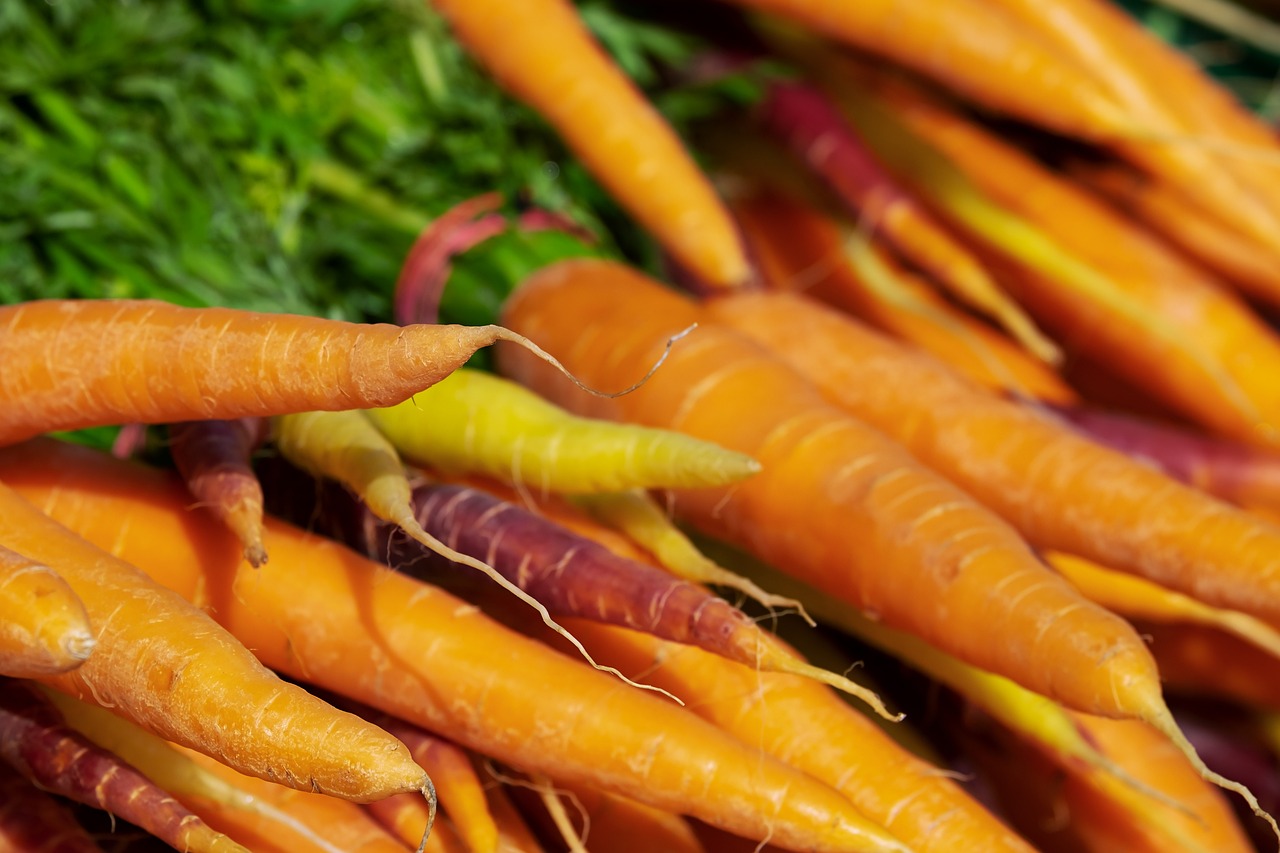In recent years, the vegan diet has soared in popularity, transitioning from a niche lifestyle choice to a mainstream dietary plan embraced by millions. This shift is driven by a variety of factors, including health benefits, environmental concerns, and ethical considerations surrounding animal welfare. Whether you’re curious about veganism or looking to transition to a plant-based lifestyle, understanding the fundamentals of a vegan diet is vital for maximizing its benefits. In this blog post, we will explore the basics of a vegan diet, its health benefits, meal planning tips, common misconceptions, and more. Let’s embark on this enlightening journey!
What is a Vegan Diet?
A vegan diet excludes all animal products, including meat, dairy, eggs, and often honey. It focuses exclusively on plant-based foods.
Foods Included in a Vegan Diet
- Fruits and vegetables
- Legumes (beans, lentils, peas)
- Nuts and seeds
- Whole grains (quinoa, rice, oats)
- Plant-based oils and dairy alternatives (almond milk, coconut yogurt)
Foods Excluded in a Vegan Diet
- Meat (beef, pork, poultry, fish)
- Dairy products (milk, cheese, yogurt)
- Eggs
- Animal-derived ingredients (gelatin, certain types of vitamin D)
Health Benefits of a Vegan Diet
The vegan diet offers numerous health advantages backed by scientific studies. Here are several key benefits:
- Heart Health: Research indicates vegans are at lower risk of heart disease due to lower cholesterol levels and blood pressure.
- Weight Management: A plant-based diet can aid in weight loss as it is typically low in calories and high in fiber.
- Reduced Risk of Chronic Diseases: Studies suggest that a vegan diet lowers the risk of type 2 diabetes and certain forms of cancer.
- Improved Digestion: Diets rich in fruits, vegetables, and whole grains contribute to better digestive health.
How to Plan Vegan Meals
Meal planning is crucial for anyone transitioning to a vegan diet. Here’s how to do it effectively:
Essential Nutrients to Focus On
- Protein: Include sources like lentils, chickpeas, quinoa, and tofu.
- Calcium: Opt for fortified plant milks, leafy greens, and almonds.
- Iron: Consume beans, peas, and fortified cereals; combine with vitamin C-rich foods for better absorption.
- Vitamin B12: Consider fortified foods or supplements, as B12 is primarily found in animal products.
Sample Meal Plan for a Day
- Breakfast: Overnight oats with almond milk, chia seeds, and berries.
- Lunch: Quinoa salad with mixed vegetables, tahini dressing, and pumpkin seeds.
- Snack: Hummus with carrot sticks.
- Dinner: Stir-fried tofu with broccoli, bell peppers, and brown rice.
Common Misconceptions About Vegan Diets
As with any dietary trend, misconceptions can cloud understanding. Here are some prevalent myths about veganism:
Myth #1: Vegan Diets Are Protein-Deficient
While it’s true that animal products are high in protein, plant-based sources can also meet protein needs when eaten in variety.
Myth #2: Veganism is Expensive
Many staples of a vegan diet, like grains, legumes, and seasonal produce, can be very affordable, especially when bought in bulk.
Myth #3: Vegan Diets Are Boring
On the contrary, a vegan diet can be exciting and diverse, featuring a wide range of global cuisines and cooking techniques.
Practical Tips for Transitioning to a Vegan Diet
Transitioning to a vegan lifestyle can be seamless with the right approach. Here are some practical tips:
- Start Slowly: Begin by eliminating one animal product at a time.
- Experiment with Substitutes: Try plant-based versions of dairy and meat.
- Educate Yourself: Read up on nutrition to ensure you’re meeting all dietary needs.
- Join a Community: Participate in forums or social media groups for support and recipe ideas.
Conclusion
The vegan diet presents a multitude of health benefits, environmental advantages, and ethical considerations, making it an appealing choice for many. Whether you’re planning to go fully vegan or simply incorporate more plant-based meals into your diet, understanding how to navigate this lifestyle effectively is essential. By focusing on nutrient-dense foods, planning meals carefully, and dispelling common myths, you can enjoy the rich flavors and benefits a vegan diet has to offer. Embrace the journey toward a healthier, sustainable lifestyle today!






